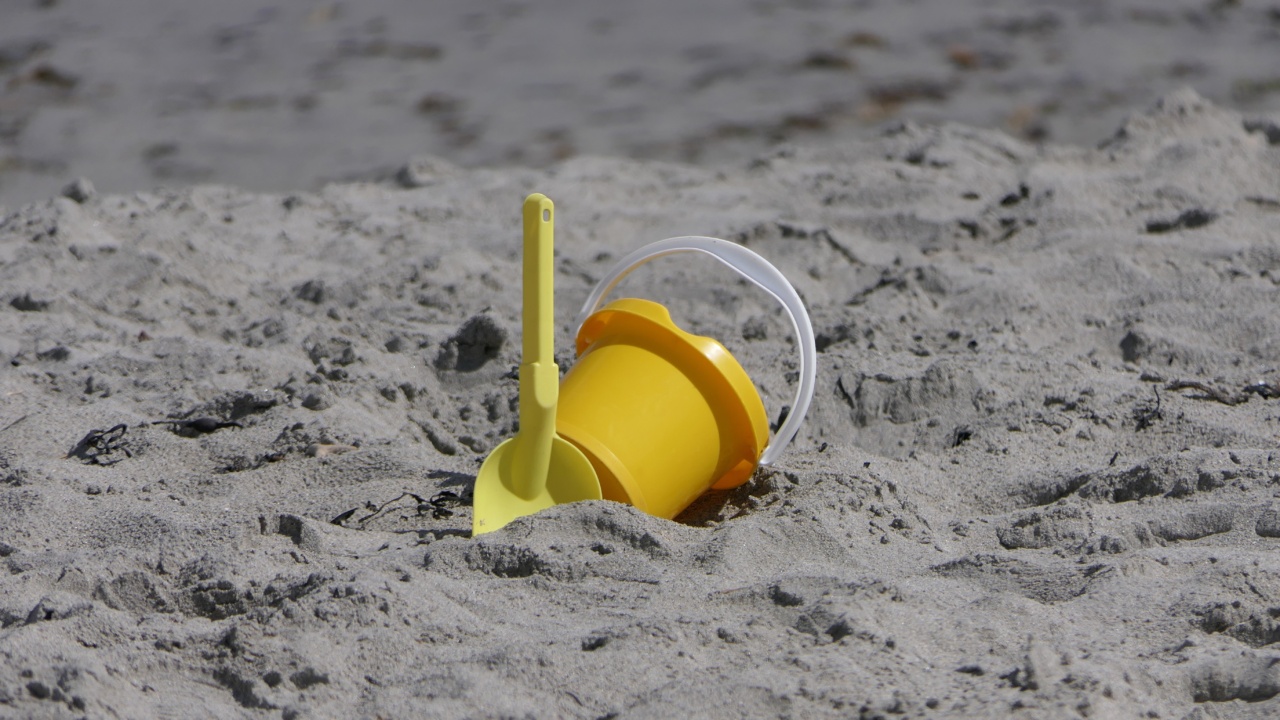A urinary tract infection (UTI) is a common health problem which occurs when bacteria enter the urinary tract and multiply. Everyone is susceptible to UTI, but women are more prone to it than men due to their shorter urethra.
The summer season can aggravate the risk of UTI due to dehydration and excessive sweating. However, there are plenty of natural ways to treat UTI at home without relying on antibiotics.
1. Increase Water Intake
Drinking plenty of water is one of the most effective ways to flush out harmful bacteria from the urinary tract. It also helps dilute urine and reduces the burning sensation while peeing. Aim for at least 8-10 glasses of water per day.
You can also add lemon or cucumber slices to the water for a refreshing flavor.
2. Drink Cranberry Juice
Cranberry juice contains proanthocyanidins which prevent bacteria from adhering to the bladder wall. Drinking 100% pure cranberry juice or taking cranberry supplements can help reduce the risk of UTI and ease symptoms.
However, avoid cranberry juice with added sugar or artificial sweeteners as they can worsen the condition.
3. Try Probiotics
Probiotics contain good bacteria that help maintain a healthy balance of microorganisms in the body.
Consuming probiotic supplements or fermented foods like yogurt, kefir or kimchi can increase the number of beneficial bacteria in the gut and urinary tract, which may reduce the risk of UTI.
4. Use Heat Therapy
Applying a heating pad or warm compress on the lower abdomen can help alleviate the pain and discomfort of UTI. Heat therapy also improves blood circulation and speeds up the healing process.
Make sure to use a towel to cover the skin and avoid using too much heat to prevent burns.
5. Drink Herbal Tea
Herbal teas like chamomile, ginger, and green tea have anti-inflammatory and antibacterial properties that can help treat UTI naturally. They also soothe the irritated bladder and promote relaxation.
To prepare, steep 1-2 teaspoons of dried herbs in a cup of hot water for 5-10 minutes, strain and drink.
6. Take D-Mannose
D-mannose is a natural sugar that is known to prevent the adhesion of bacteria to the urinary tract lining. It is safe to consume and does not cause any side effects.
You can find D-mannose supplements in powder or capsule form in health food stores or online. Follow the recommended dosage for best results.
7. Eat Garlic
Garlic contains the compound allicin which has antibacterial and anti-inflammatory properties that can fight off UTI-causing bacteria and reduce inflammation. You can consume it raw, cooked or in supplement form.
However, avoid overconsumption as it can cause gastric distress.
8. Try Essential Oils
Essential oils like tea tree, oregano, and peppermint have antimicrobial properties that can inhibit the growth of harmful bacteria and relieve UTI symptoms.
Mix a few drops of essential oil with a carrier oil like coconut or olive oil and apply it to the lower abdomen or add it to your bath water for a soothing effect.
9. Limit Certain Foods
Certain foods like caffeine, alcohol, spicy and acidic foods can irritate the bladder and worsen UTI symptoms. It is best to avoid or limit the consumption of these foods until the infection subsides.
Opt for a bland and low-acidic diet to reduce inflammation and promote healing.
10. Practice Good Hygiene
Practicing good hygiene habits is crucial to prevent the spread of bacteria and reduce the risk of UTI.
Always wipe from front to back after using the bathroom, urinate before and after sexual intercourse, wear clean and breathable underwear, avoid using harsh soaps and feminine products, and change sanitary pads frequently.
Conclusion
UTI can be uncomfortable and painful, but there are several natural remedies that can provide relief without the need for antibiotics.
Increasing water intake, drinking cranberry juice, consuming probiotics, using heat therapy, drinking herbal tea, taking D-mannose supplements, eating garlic, using essential oils, limiting certain foods and practicing good hygiene are some effective ways to treat UTI at home. However, if your symptoms persist or worsen, it is best to consult a healthcare professional for further evaluation.































